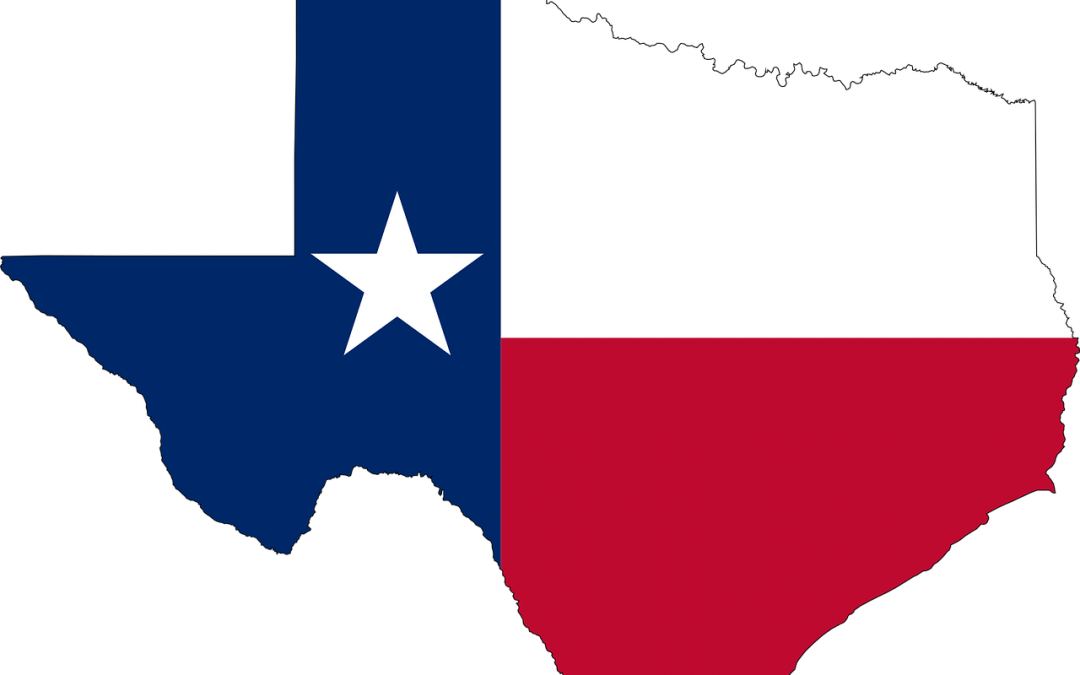
The Democrats are fighting back on voter suppression. The battle among Texas lawmakers over a bill that would impose some of the strictest limits in the nation on voting access escalated Monday as Democrats and Republicans vowed that they would not back down over a highly charged issue that has galvanized both parties.
Democrats killed the measure with a dramatic walkout Sunday night, then Gov. Greg Abbott suggested he would withhold pay from lawmakers because of their failure to pass the bill.
He said: “No pay for those who abandon their responsibilities,”
So, Republicans said they would revive their efforts in a special session of the Legislature and one said the walkout might enable Republicans to craft a measure even more to their liking.
Democrats were resolute in their opposition, promising to redouble their efforts to keep a new bill from becoming law.
Remember , Republicans control both chambers of the Legislature, and would be favored to pass a voting bill in a special session. Mr. Abbott has not said when he would reconvene the Legislature; he can do so as early as Tuesday, but may wait until late summer, when he had planned to recall lawmakers anyway to manage redistricting.
Republicans will have to introduce it from scratch and restart a process that could take weeks — though they could start with the provisions in the bill that died Sunday night or even propose one with more severe restrictions.
The failure to pass the bill was a striking blow to Republicans and one of the few times they have suffered nationally in a push to restrict voting in states they control. G.O.P.-controlled legislatures, aligning themselves with former President’s baseless fraud claims, have passed new laws in Georgia, Florida and Iowa with expansive restrictions.
The Texas bill is one of the harshest of all. It would have banned both drive-through voting and 24-hour voting. It would have imposed new restrictions on absentee voting and granted broad new autonomy and authority to partisan poll watchers; and increased punishments for mistakes or offenses by election officials.
Democrats stymied the bill late Sunday night by secretly orchestrating a walkout in the House of Representatives that denied the chamber a quorum. As the midnight deadline approached for passing legislation, and with more than five dozen Democrats missing, Republican leaders in the House acknowledged they lacked the required number of lawmakers to conduct a legal vote, and adjourned the proceedings.
Shortly after the House adjourned Sunday evening, Democrats gathered at a predominately Black church two miles from the Capitol and depicted the walkout as a last resort once Republicans made clear to them they would cut off debate in order to pass the bill by midnight. “We had no choice but to take extraordinary measures to protect our constituents and their right to vote,” said Chris Turner, a state representative who is the party’s caucus chair in the House.
Note that Mr. Abbott’s threat to vetoing funding for the Legislature, would punish “working class office staff, maintenance, and other support services because he didn’t get every single one of his demands.”
Across the country, the effort to restrict the vote continues, with a wave of bills moving through state legislatures and becoming law.
Between January and May 2021, at least 14 states enacted 22 new laws that restrict access to the vote.
Provisions are categorized as restrictive if they would make it harder for Americans to register, stay on the rolls, and/or vote, as compared to existing state law.
More restrictions on the vote are likely to become law, as roughly one-third of legislatures are still in session. Indeed, at least 61 bills with restrictive provisions are moving through 18 state legislatures. More specifically, 31 have passed at least one chamber, while another 30 have had some sort of committee action (e.g., a hearing, an amendment, or a committee vote). Overall, lawmakers have introduced at least 389 restrictive bills in 48 states in the 2021 legislative sessions.
This total includes bills that are introduced, prefiled, or carried over.
Today’s attacks on the vote come from similar sources: the racist voter fraud allegations behind the quote: “Big Lie” and a desire to prevent future elections from achieving the historic turnout seen in 2020.
Americans’ access to the vote is in unprecedented peril.
Congress can protect the vote.
The For the People Act, passed by the House and now awaiting action in the Senate, would block many of the state-level restrictions that have been or may soon be enacted into law.
________________
Source:
Ilana Panich-Linsman for The New York Times
Brennan Center for Social Justice

